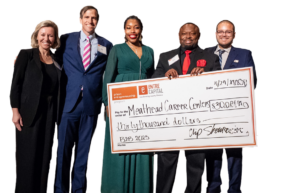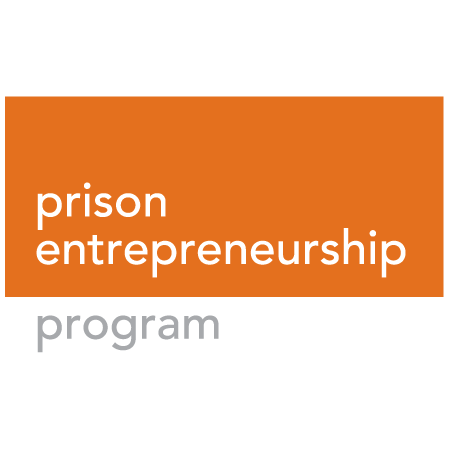Reframing the Measure of a Life
It is common to define individuals by their worst decisions. A conviction, a prison sentence, or a criminal record can overshadow every other aspect of a person’s identity. But what if we chose instead to focus on who a person is becoming?
At the Prison Entrepreneurship Program (PEP), we see firsthand the profound impact of that shift in perspective. Second chances are not about forgetting the past. They are about making space for growth, accountability, and meaningful change.
The Reality Beyond the Sentence
For many formerly incarcerated individuals, the barriers they face after release are often more daunting than the time served. Employment, housing, education, and even family relationships can become inaccessible due to stigma or systemic obstacles. Without support, the road forward is often short and circular, leading back to prison.
Reentry support exists to interrupt that cycle. It provides the resources, structure, and relationships needed for individuals to rebuild their lives and reintegrate into society with purpose.
Support Creates a Pathway to Dignity
At PEP, the first step is always human dignity. Participants are not treated as cases or statistics. They are treated as future leaders, entrepreneurs, and contributors. This mindset is supported by a curriculum that includes values-based leadership development, business fundamentals, and mentorship from professionals who understand what is at stake.
After release, that support continues through transitional housing, career placement, entrepreneurship assistance, and alumni engagement. It is a comprehensive approach designed to foster long-term success and self-sufficiency.
The Impact of a Second Chance
When a returning citizen is given a job interview and receives an offer, that moment matters. When he finds safe housing, connects with a mentor, or starts a business, those experiences reinforce the belief that his life has value. These are not small victories. They are the foundation of sustained transformation.
We have seen the results. PEP participants achieve employment within weeks, maintain low rates of recidivism, and many go on to launch businesses that create jobs for others. The ripple effect is felt across families and communities.
A Collective Responsibility
Second chances are not only about individual stories. They reflect the values of a society willing to invest in justice, restoration, and long-term outcomes. Public safety, economic mobility, and community well-being all benefit when we create opportunities for successful reentry.
We all have a role to play, whether through mentorship, employment partnerships, advocacy, or simply by choosing to believe in someone’s potential. Reentry support is not a handout. It is a commitment to building stronger communities through accountability, opportunity, and belief in the possibility of change.



